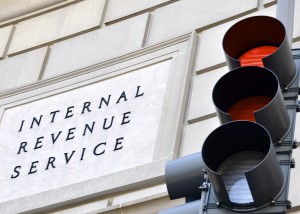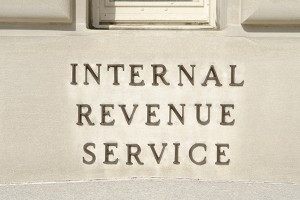The estate must file a 1041 fiduciary income tax return if the estate has income or property sales over $600 during the tax year. So if the executor receives a 1099 under the Estate Tax Identification Number for over $600 of interest or dividend income, or real estate is sold in a subsequent year after death, a fiduciary income tax return will have to be filed. The federal estate fiduciary 1041 income tax return is due 3½ months after the close of the tax year.
Normally, estate fiduciary returns result in “excess deductions on termination”, which can be divided equally among all the beneficiaries, and used by them as itemized deductions on their personal federal income tax returns to increase their income tax refund.
There is no income tax on inheritances except to the extent that such items represent tax deferred items such as pension plans, annuities, IRA’s, and accrued E bonds or to the extent that they represent income earned after death, there is no inheritance tax on such post-death income. Income tax on such tax deferred items is due by the beneficiaries in the year they receive the income. A final federal income tax return for your loved one must be filed, assuming he met the filing threshold which for the 2014 tax year is $11,700, excluding social security for a decedent over the age of 65. In addition, if federal income tax was withheld, you would file to get the federal income tax refund regardless of the income earned.
There is never any Pennsylvania income tax due on inherited property including tax deferred property such as pension plans, IRA’s or annuities.
If there are U.S. Savings Bonds, the significant factors are: (a) the turnover date; and (b) income tax on accrued interest. The turnover date means that since bonds increase in value every six months, there is a loss of up to five months interest if cashing is not made in one of the two months in each year in which value increases. There are three choices with respect to reporting accrued interest on Savings Bonds: (1) Report it on the decedent’s final 1040 return; if he owes no tax, even with the interest included, this is the clear choice; (2) Report it on the estate’s fiduciary 1041 return, if this is done, ensure you have sufficient estate deductions to offset against the bond interest; or (3) Transferring the bonds without cashing, which makes sense if the beneficiary is in a low tax bracket.
If you were named as a beneficiary of an Individual Retirement Account (IRA), then you should consider the possibility of electing to stretch the pay-out over your own life expectancy if the plan administrator permits it. If not then you can take distributions over 5 years or elect to withdraw the entire balance. However, you must pay federal income tax on any distributions you receive in the year received.
Real estate, like stock, takes a stepped up basis at death, so that original cost to the decedent is irrelevant for income tax purposes. If you decide to sell a house and do not need the aid of a real estate agent to find a buyer, we can handle all the paperwork from the agreement of sale to closing for an additional fee. Keep in mind if you do not sell the property within fifteen months after the date of death we must value the property using the common level ratio or based on an appraisal.
Contact Gregory J. Spadea of Spadea & Associates, LLC at 610-521-0604 if you need help administering an estate or find yourself being appointed as an Executor.











